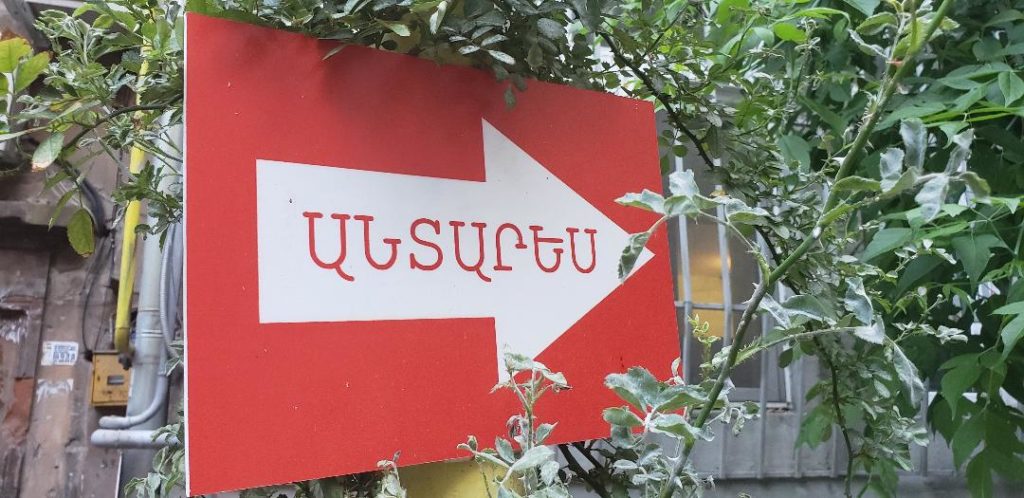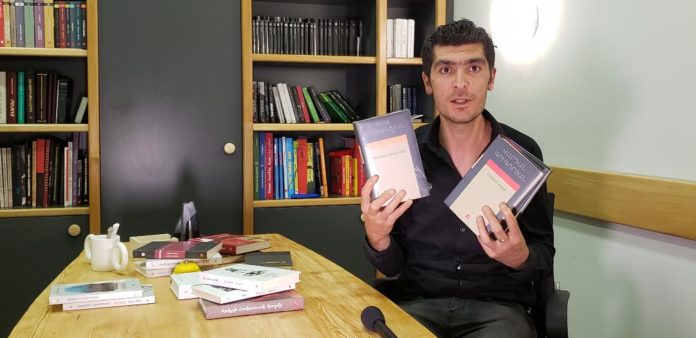By Haykaram Nahapetyan
Mirror-Spectator Video Correspondent
YEREVAN – In the Soviet era, it was the government that subsidized book publication. Armenian authors, after getting the necessary approvals from various state-controlled councils, could get their books printed for free and even receive substantial payments. With the collapse of the Soviet system, while ideological restrictions were withdrawn, so was the financial support for literature. The new government simply was unable to allocate funds for sustaining book-printing anywhere near the previous volumes.
Armenia’s writers were left on their own to face the harsh necessity of finding sponsors to print their books (and had to forget about being paid for them). At various times, different diaspora organizations, like the Armenian General Benevolent Union, Tekeyan Cultural Association and Hamazkayin sponsored book printing in independent Armenia.
In the 2000s, the Antares publishing house decided to try a different method. With the gradual economic recovery of the country, the managers of this Yerevan-based publishing house came to the conclusion that people might be willing to pay a relatively high price for a good book, if both the quality of the printing and the content were satisfying. Thus, book printing began to gravitate from a merely sponsored activity to a commercial project with the price that people pay for books offsetting the costs.

“I have always stated: we, Armenians, have a very good literature. The question is, how are we to publicize it; how should we present our writers to not only international readers but also to ourselves,” said Arqmenik Nikoghosyan, the editor-in-chief of Antares, when we sat down for an interview at his office.










